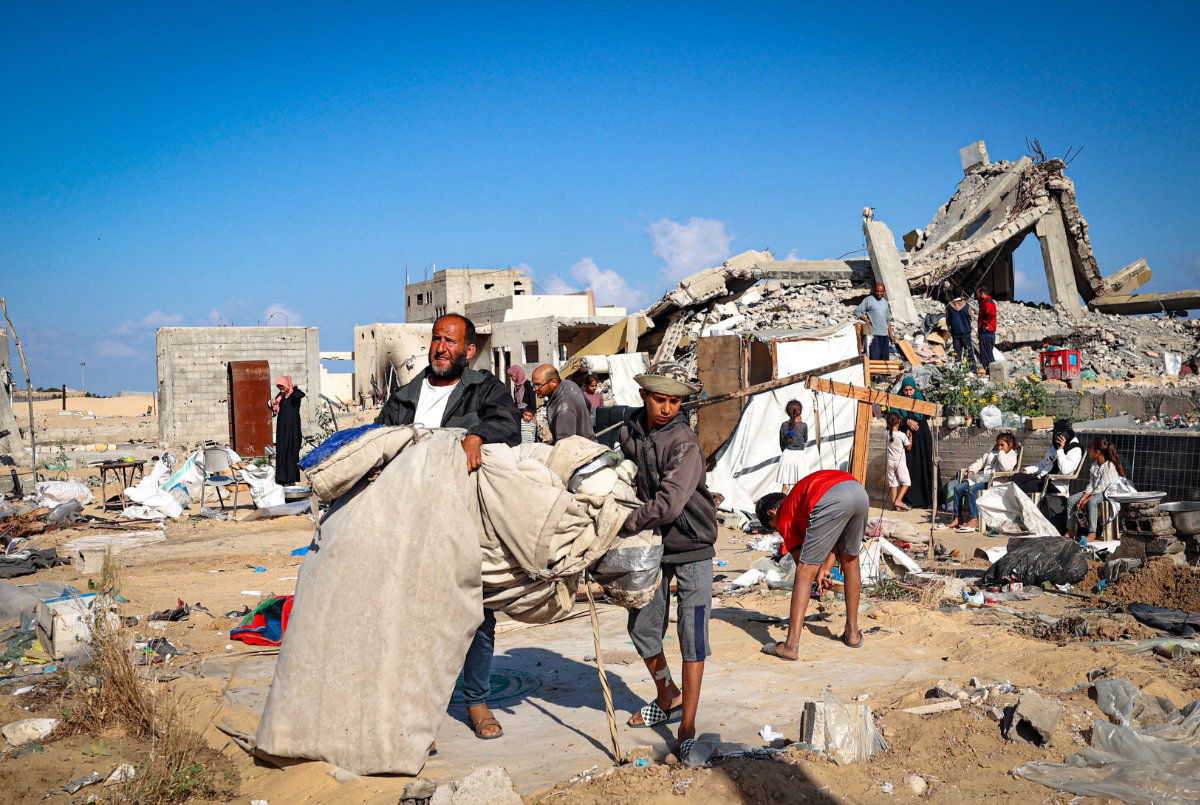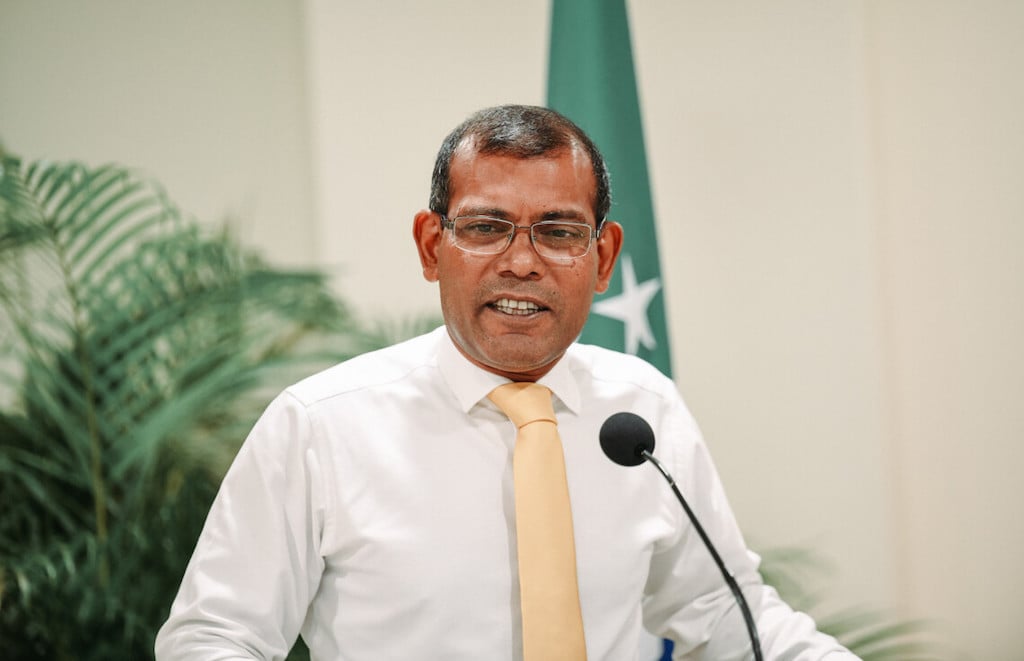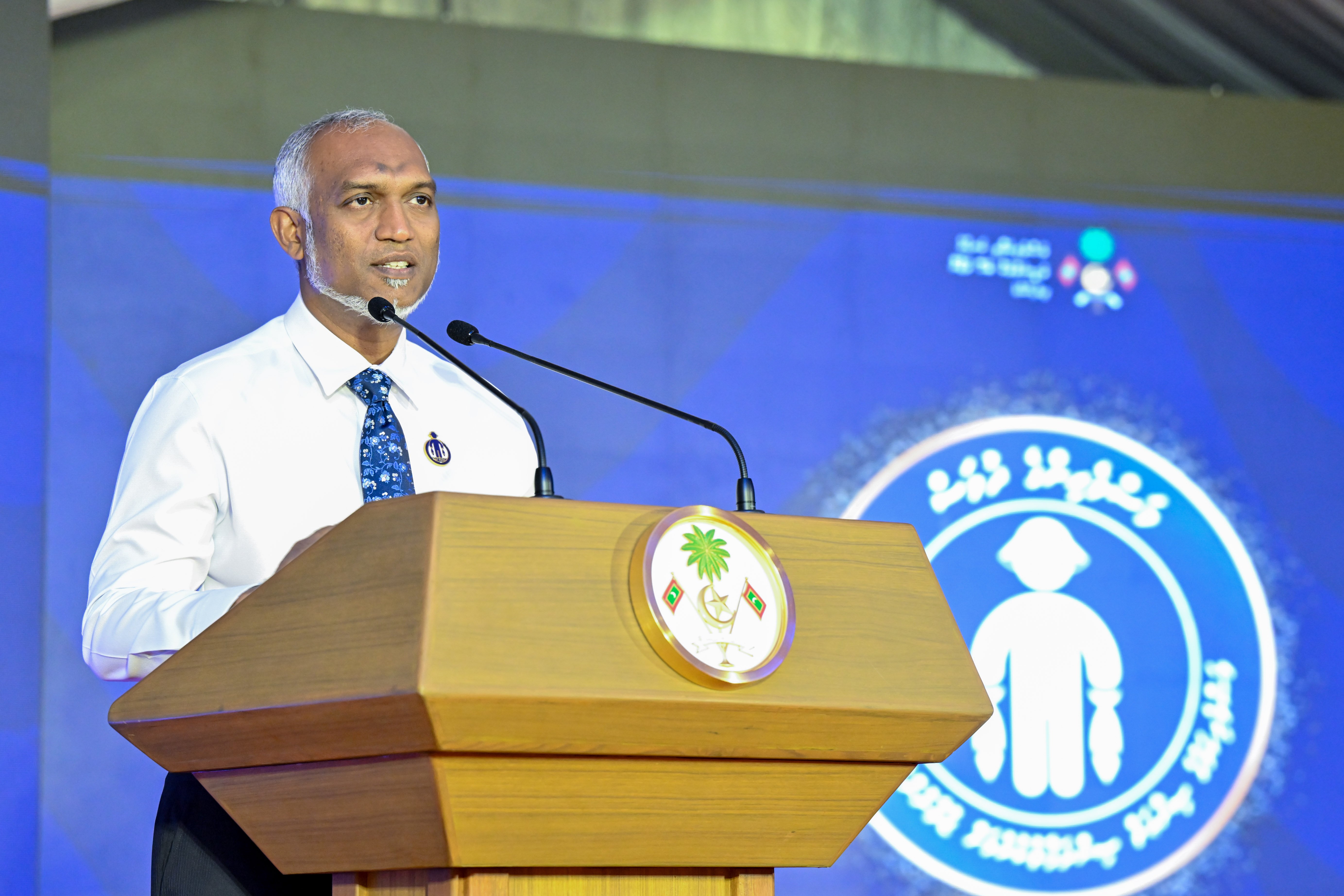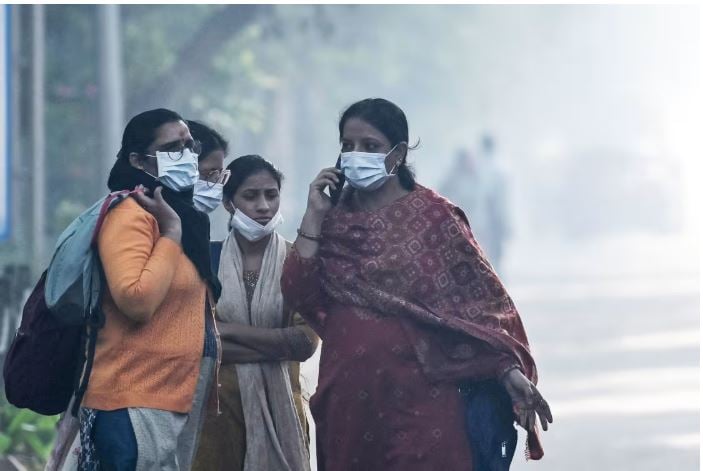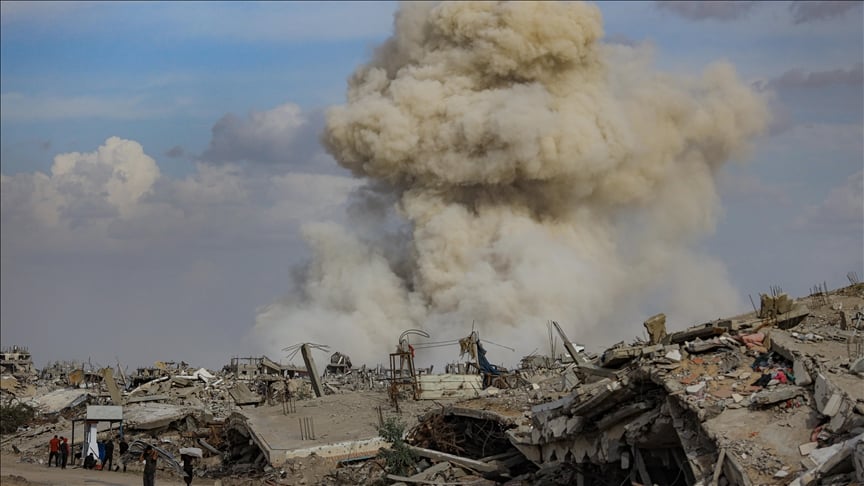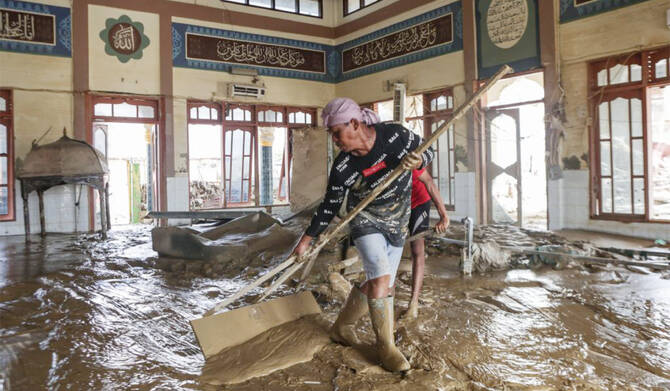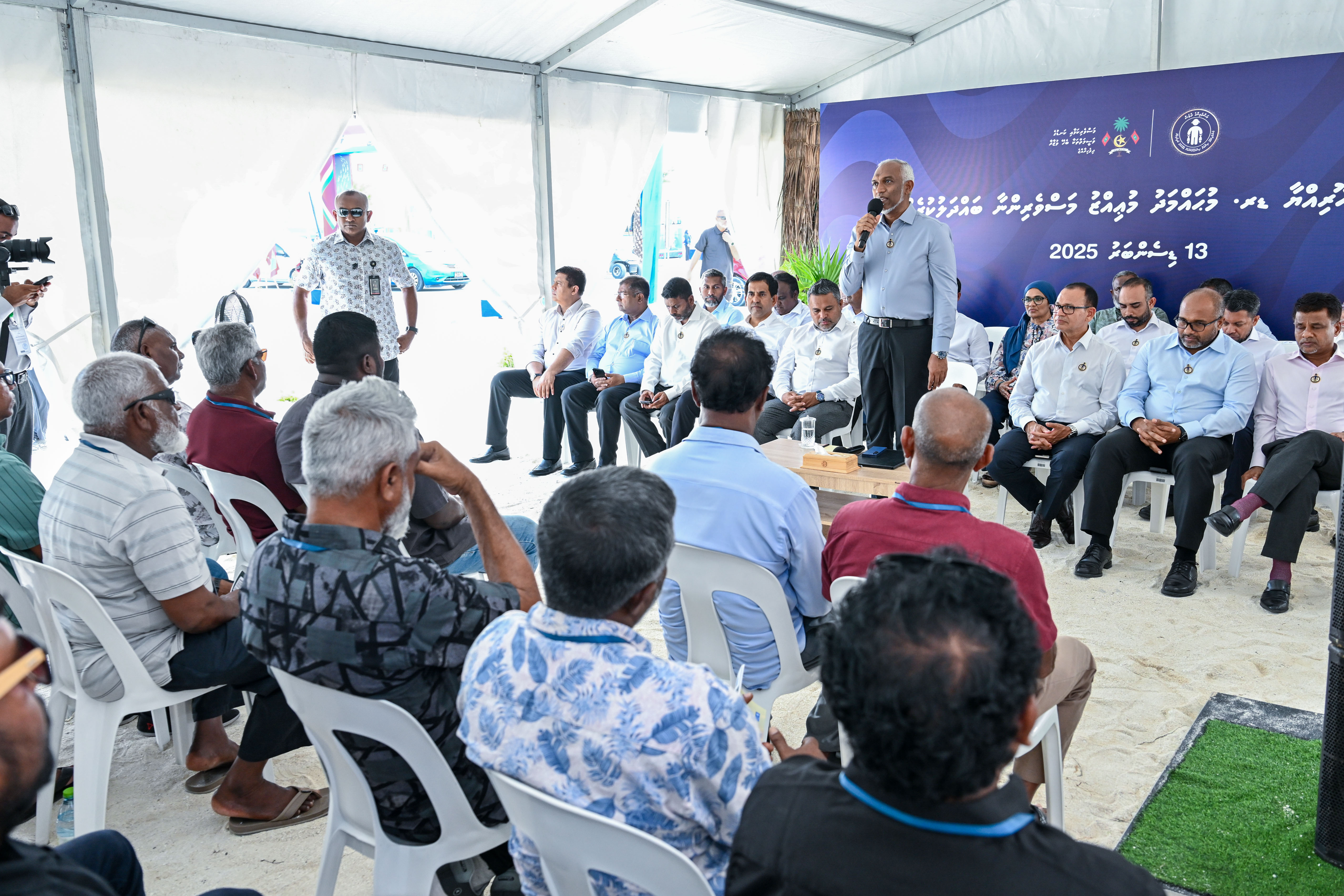Israeli Prime Minister Benjamin Netanyahu on Wednesday denied that there was a humanitarian catastrophe in Rafah, despite hundreds of thousands fleeing the southern Gaza city amid fierce fighting.
As the conflict intensified, Netanyahu insisted that the situation was under control, stating, “Our responsible efforts are bearing fruit. So far, in Rafah, close to half a million people have been evacuated from the combat zones. The humanitarian catastrophe that was spoken about did not materialize, nor will it.”
The denial comes as Hamas reiterated its intent to participate in any post-war government of Gaza, coinciding with the 76th anniversary of the “Nakba,” when approximately 760,000 Palestinians were displaced during the creation of Israel in 1948.
Israeli forces have been targeting Hamas militants around Rafah, while clashes continue in the northern and central regions of Gaza, areas Israeli troops entered months ago. The escalation has prompted warnings from the United States about the risk of Israel becoming entangled in a prolonged counterinsurgency. Despite these warnings, and previous threats from US President Joe Biden to withhold arms deliveries, the Biden administration informed Congress on Tuesday of a new $1 billion weapons package for Israel.
The European Union has urged Israel to cease its military operations in Rafah immediately, warning that failure to do so would “inevitably put a heavy strain” on relations with the bloc. Meanwhile, the United Nations Relief and Works Agency (UNRWA) reported that 600,000 people have fled Rafah since the intensification of military operations.
As the conflict rages on, the humanitarian situation in Rafah remains a contentious issue, with international bodies calling for an end to the violence and for the protection of civilians caught in the crossfire.
As the conflict intensified, Netanyahu insisted that the situation was under control, stating, “Our responsible efforts are bearing fruit. So far, in Rafah, close to half a million people have been evacuated from the combat zones. The humanitarian catastrophe that was spoken about did not materialize, nor will it.”
The denial comes as Hamas reiterated its intent to participate in any post-war government of Gaza, coinciding with the 76th anniversary of the “Nakba,” when approximately 760,000 Palestinians were displaced during the creation of Israel in 1948.
Israeli forces have been targeting Hamas militants around Rafah, while clashes continue in the northern and central regions of Gaza, areas Israeli troops entered months ago. The escalation has prompted warnings from the United States about the risk of Israel becoming entangled in a prolonged counterinsurgency. Despite these warnings, and previous threats from US President Joe Biden to withhold arms deliveries, the Biden administration informed Congress on Tuesday of a new $1 billion weapons package for Israel.
The European Union has urged Israel to cease its military operations in Rafah immediately, warning that failure to do so would “inevitably put a heavy strain” on relations with the bloc. Meanwhile, the United Nations Relief and Works Agency (UNRWA) reported that 600,000 people have fled Rafah since the intensification of military operations.
As the conflict rages on, the humanitarian situation in Rafah remains a contentious issue, with international bodies calling for an end to the violence and for the protection of civilians caught in the crossfire.





